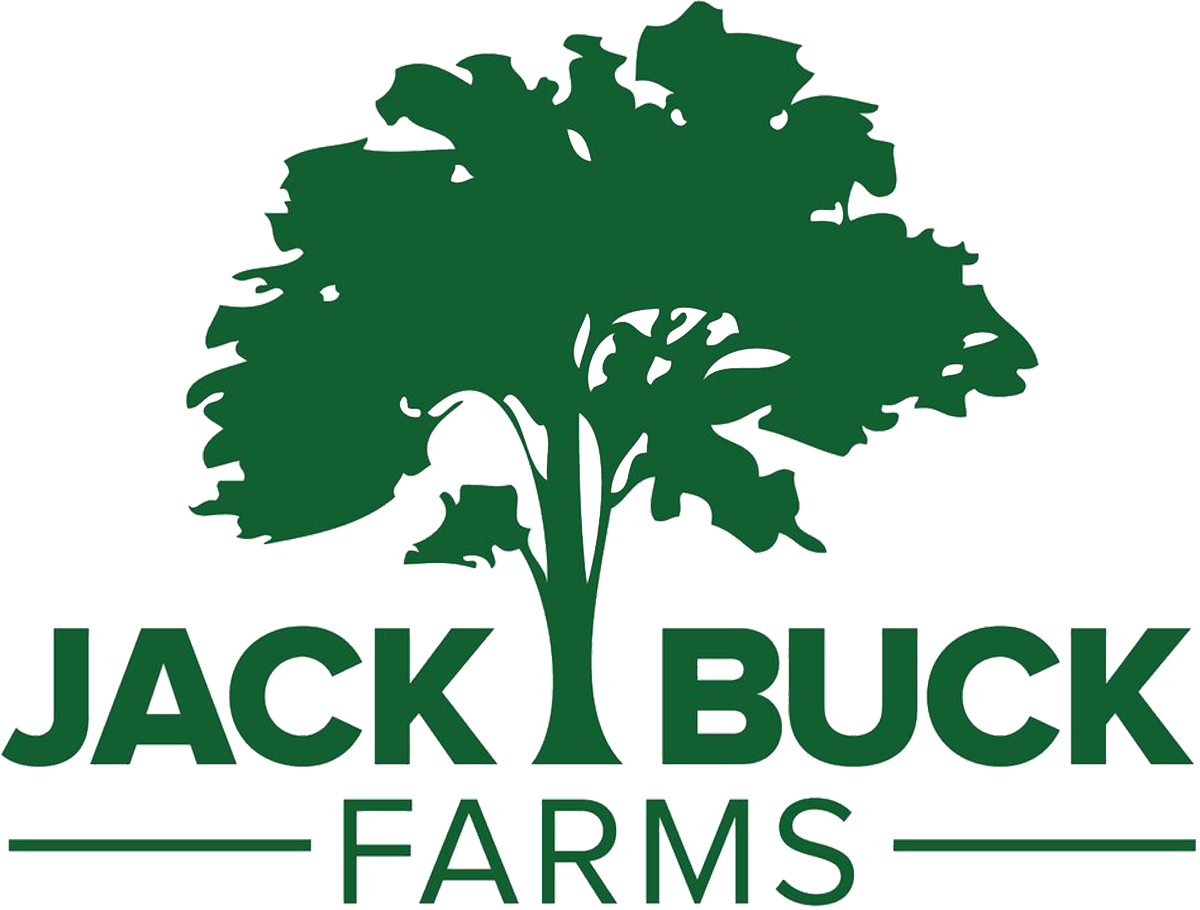I have refreshed our Carbon Audit for our 2019 harvest year. It seems a long time ago but some of the crops are not sold until well into 2020.
The trend, I am pleased to say, is still downwards for CO2 equivalent emissions per unit of output. There are a number of reasons for this; we switched to a green electric tariff in September so our imported electricity is rated as zero emissions; our total emissions increased but our yields increased with a better growing year and that more than compensated.
It is disappointing to see our total emissions increase. Our propane for crop drying usage doubled with a very wet harvest of daffodil bulbs and onions and our red diesel use was well up, again with a very wet harvest of potatoes and celeriac.
It will be enormously difficult to reduce diesel use until new technologies emerge but where we can combine operations we are hoping to see an impact.
For instance, our Ploeger self-propelled harvester for potatoes has an engine that generates more than 600 horsepower but that will replace four and a half tractors (and drivers) totalling more than 1080 horsepower. It is a start but nowhere near enough.
We are trying to increase our Soil Organic Matter which is good farming practice, improving soil health, water holding capacity and often crop yields.
Every 0.1% increase in SOM (for instance from 2.0% to 2.1%) sequesters or saves 2.96 tonnes CO equivalent per acre. If we could increase our SOM by 0.033% per year it would save the total emissions on our diesel, electricity, gas and nitrogen fertiliser last year.
It doesn’t sound like a difficult target but it is with our current rotation. Our vegetable cropping demands busy cultivation and ploughing most years. Every cultivation uses diesel and some soil organic matter is oxidised and lost in the physical process. Farmers that grow only combinable crops like wheat or rape are adopting minimum cultivation systems that are not available to growers of root crops and vegetables.
We must increase our use of cover crops or green manure as much as possible but even then we cannot leave them over winter as we need the action of frost on our land to create the fine tilth needed for potatoes and most spring planted crops.
Perhaps the new Environmental Land Management Systems that will be the driver of agricultural support in a year or two will encourage organic matter friendly rotations and we will adopt the ideas where we can but in highly productive areas on the best land it is not going to be sensible to take land out of production for long periods.
We are going to find it difficult to achieve carbon net zero without new technologies like renewable hydrogen.
